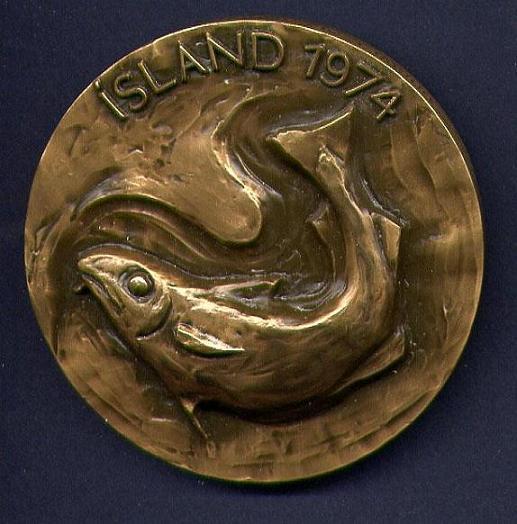In the Public's Benefit - Installment 2009-3
A continuing series on lax admissions and/or ethics standards for major U.S. lawschools ...
Law Schools Do Not Seem to Compete for the Public's Benefit. Law school reputations currently connote to the public only vague expectations of how brazen and arrogant its graduates behave. Law school admission standards must be tightened for the entire public to better rely on reputations of respective law schools for producing graduates of innate integrity.
Improving law school admissions standards, although certainly in the public interest, is highly unlikely. After all, law schools are not military academies and most lawyers were never Eagle Scouts nor recipients of equivalent Girl Scout Gold Awards.
We expect to post with increasing frequency about brazen corruption and ethical lapses of convicted lawyers. Lax law schools will be overrepresented and identified to awaken an unsuspecting public.
A disproportionate percentage of law graduates (hardly 2% of the entire workforce) are currently elected to over 20% of public offices. This presents conflicts of interest and unintended concentrations of authority. Combined with self-serving laws tailored to give incumbents subtle advantages over challengers, the country is in growing peril of a permanent political class.
The latest remarkable example of lawyer malfeasance involves one not in public office. With the kind of dough he could afford to throw around, however, he could certainly influence some in public office:
Sentencing is set for Nov. 3rd for attorney Joseph P. Collins, formerly a partner of Mayer Brown LLP. UPDATE: The United States Department of Justice, Southern District of New York - The sentencing in United States v. Collins, S1 07 Cr. 1170 has been adjourned until January 8 at 10:00 a.m.
Mr. Collins was found guilty of conspiracy, two counts of securities fraud and two counts of wire fraud. Collins, a lawyer for Refco Inc., was convicted on conspiracy and fraud charges Friday in a scheme helping owners and executives at the defunct commodities broker steal more than $2 billion by concealing material financial woes.
Mr. Collin's Law School: New York University, J.D., 1975
Warning: Never blindly vote for another lawyer, regardless of party affiliation.
Labels: NYU LAW Joseph P. Collins

